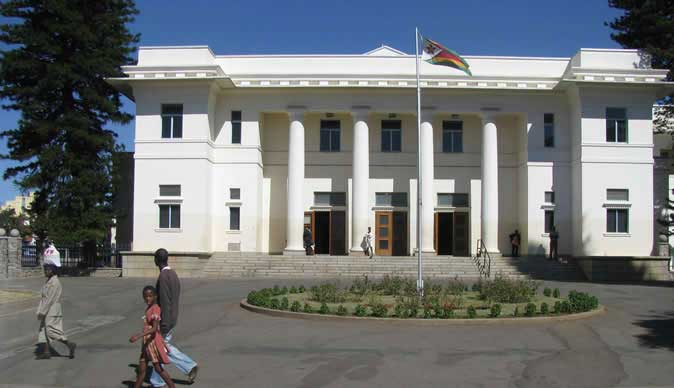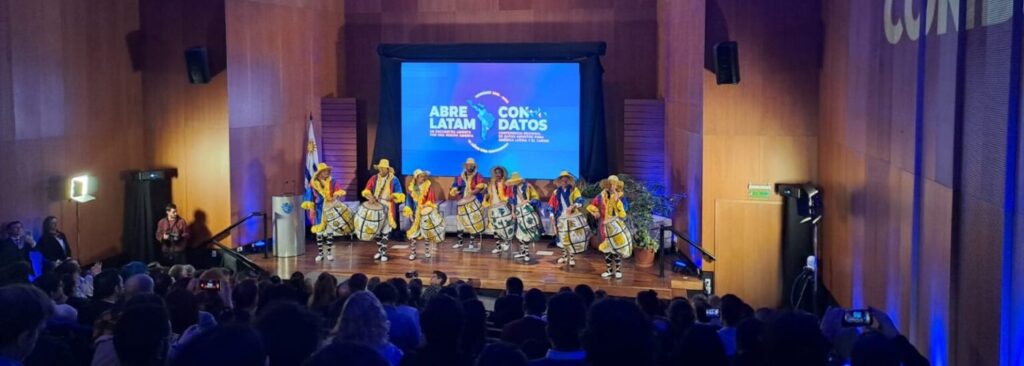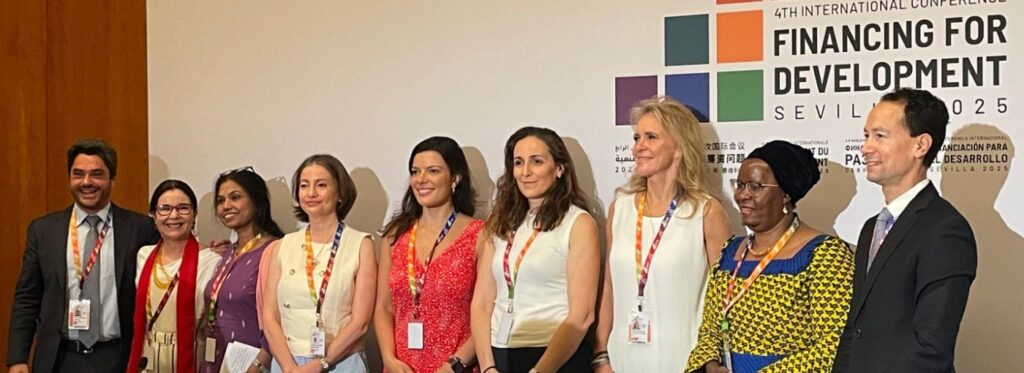A new study by the Bulawayo Progressive Residents Association (BPRA) reveals a lack of citizen participation in the budgeting process by the Bulawayo City Council.
The study, “A Social Surgery of the Budget Making Process at Local Government Level: Bulawayo City Council in Perspective,” shows that citizens are not involved in the stages of budget preparation, budget implementation, monitoring and evaluation. This is largely due to political polarisation and citizen apathy, the perception that the budgeting process involves mere rubber-stamping, and a lack of understanding of budgeting.
“Many of the important stakeholders in budgeting, such as civil society, residents, central government and councillors, were not adequately performing their roles in the budget process,” says the study, which was conducted between August and March 2016.
Data gathering for the study involved participatory observation of city council budget consultation meetings, focus group discussions with residents and other stakeholders, as well as a review of relevant literature on participatory budgeting.
The study proposes that there should be fiscal, political and administrative decentralisation to enable citizens to have a greater say in the budgeting process. In addition, the study recommends that citizens be involved in the four stages of the budgeting process so that they have a sense of ownership and can hold elected officials to account.
“At each stage of the process, residents and other key stakeholders should be availed with information, engaged for their views and have opportunities to voice their concerns. In addition, the local authority should embrace e-governance and other new information technologies as means of ensuring improved participation of citizens in governance,” states the study.
Of note, the study found that effective budgeting is curtailed by the lack of understanding of the budgeting process by residents, civil society organisations and residents associations. There is a need for civic education to help residents better appreciate how the budget is formulated and how it works.
Another recommendation is that the government of Zimbabwe develop a policy and a legal framework setting minimum standards for budget making processes at local government level.
Since 2014, Hivos Southern Africa in partnership with the Royal Netherlands Embassy has been working with BPRA to promote local governance reform under the Human Rights Fund project.
Hivos believes that change becomes possible when citizens can ask questions about how their government functions and how companies conduct business. The free exchange of information, freedom of expression and the ability of citizens to influence decisions that affect them are essential in a democratic society.




